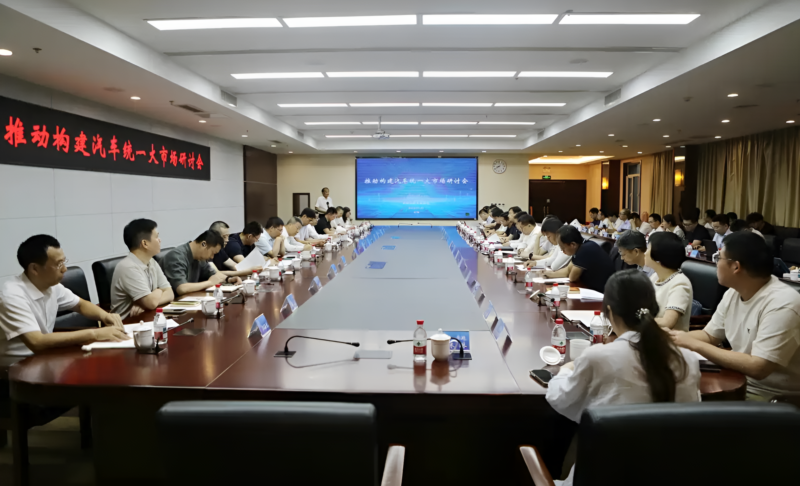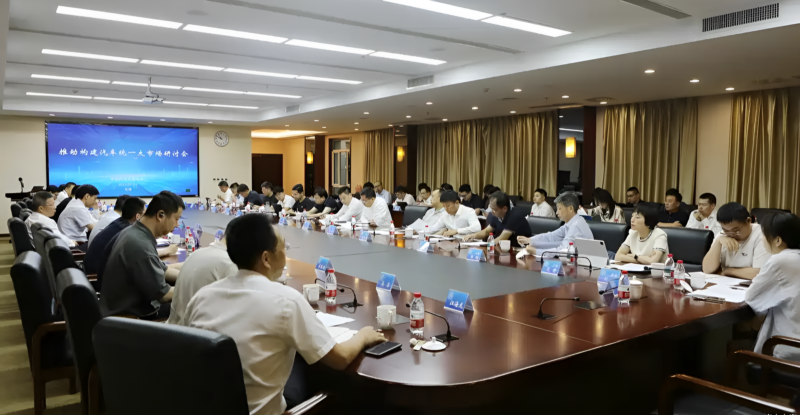BYD, Geely among 16 carmakers and regulators boosting car buying transparency via centralized digital platform in China
China is advancing a centralized digital platform to streamline vehicle purchase, insurance, tax payments, licensing, and financing. On July 23, the China Association of Automobile Manufacturers hosted a symposium in Wuxi, attended by government officials, industry leaders, and representatives from 16 leading Chinese car companies, including BYD, Geely, SAIC, FAW, Nio, and Xpeng, as reported by Auto-home.
While primarily focused on new car transactions, the platform’s development also relates to efforts to increase transparency in the “zero-kilometre” used car market, where vehicles are resold shortly after registration to avoid taxes or fees. The reforms aim to enhance data sharing and traceability, addressing challenges in this area.
China’s automotive market has traditionally involved fragmented processes requiring buyers to interact with multiple agencies and submit redundant documents. Officials highlighted ongoing digital reforms aimed at enhancing efficiency and effectiveness. AI-based pre-inspections now enable new vehicles to undergo regulatory checks at the factory, thereby reducing the time required for registration.
Pilot programs in cities such as Chongqing and Changzhou have demonstrated that fully online services can reduce processing times by approximately 60%.
According to the report, automakers contribute actively to these reforms. Changan Automobile reported implementing factory-level inspections for all vehicles and completing over 700 online registrations, reducing average customer processing time from three days to under 30 minutes.
Other manufacturers such as GAC, Dongfeng, Geely, Great Wall, and Hyundai are preparing to launch similar digital vehicle registration services.
Challenges persist, including incomplete data integration among tax, finance, and insurance departments, as well as regional policy variations that complicate centralized implementation efforts. Dealers have also expressed concerns about adapting to more transparent digital workflows.
Participants emphasized the need for nationwide standards, expanded online services, and a clear roadmap to address these challenges.
The Ministry of Public Security noted that more than 200 million vehicle owners have benefited from digital documents, such as electronic driving licenses, which reduce administrative burdens.
The symposium concluded with calls for enhanced cooperation among government agencies, automakers, and service providers to improve data connectivity, share platform resources, develop secure technologies, and optimize user experience.
Editor’s comment:
China’s digital reforms represent a step toward transforming the car-buying process into a more efficient and accessible system.
In addition to simplifying new car transactions, the improved data transparency and cross-departmental collaboration may contribute to better oversight of the zero-kilometre used car market, supporting regulatory compliance and consumer protection.
As pilot initiatives expand and interagency coordination increases, China is laying the groundwork for a more transparent and integrated automotive marketplace.




